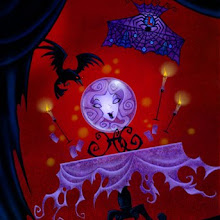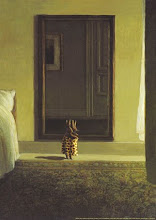Today's guest brit is author Sara Wheeler. After I read Apsley Cherry-Garrard's stunning account of the South Polar treks of 1912 in 'The Worst Journey in the World,' I wanted to 'meet' him you might say. The only effective way to do that outside of his own words is in Sara Wheeler's biography of him.
Wheeler recognizes that the quintessential element of British wit and prose is irony, and she uses it liberally. Her Wikipedia entry sums it up pretty well--
"Sara Wheeler was brought up in Bristol and studied Classics and Modern Languages at Brasenose College. After writing about her travels on the Greek island of Euboea and in Chile, she was accepted by the US National Science Foundation as their first female writer-in-residence at the South Pole, and spent seven months in Antarctica. She successfully claimed the cost of a mandatory syphilis test against tax.
In her resultant book Terra Incognita: Travels in Antarctica, she mentioned sleeping in the captain’s bunk in Scott’s Hut. Whilst in Antarctica she read The Worst Journey in the World, an account of the Terra Nova Expedition, and she later wrote a biography of its author Apsley Cherry-Garrard".
She appreciates Cherry's sophistication and notes how difficult it must have been for him to communicate with those whose sense of irony was not as developed as his own. Reading 'Cherry ' rounds out the obsession that started when I picked up Beryl Bainbridge's 'The Birthday Boys.' The one book I've had a hard time coming to: Captain Scott's own journal. The centennial of his death is this week, March 29. We know that date because Scott wrote in his log until he could no longer hold the pen. I've feared reading its last words and knowing what they mean--the tragic nothingness that follows. But through Wheeler's book, you see that the real pain is for the survivor.
Subscribe to:
Post Comments (Atom)
.jpg)












No comments:
Post a Comment